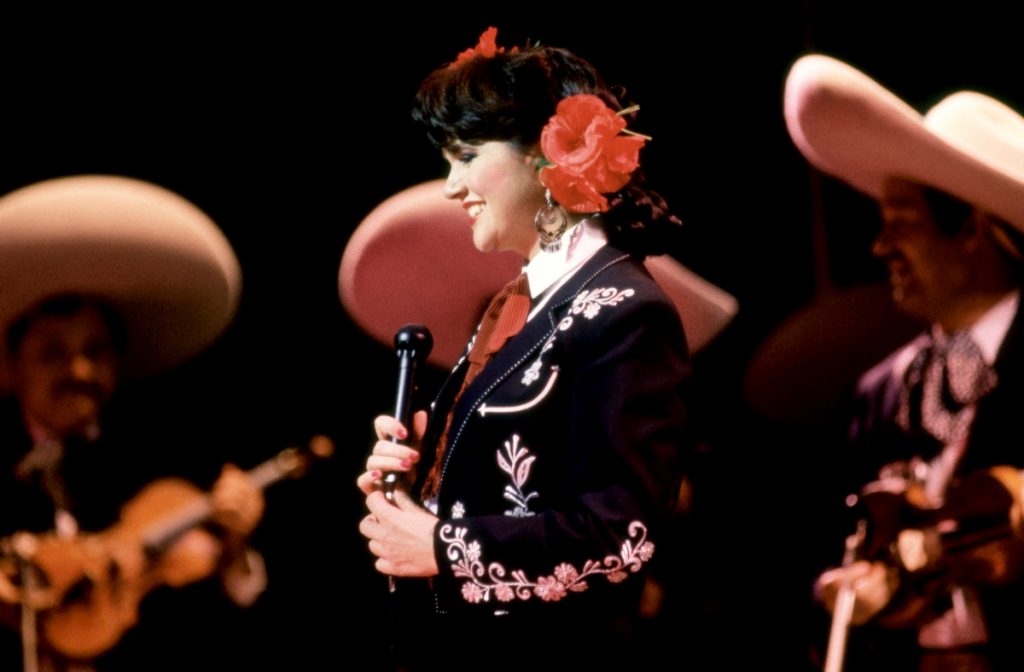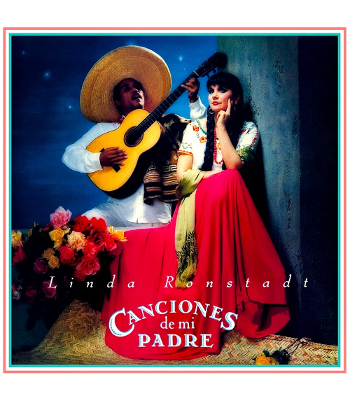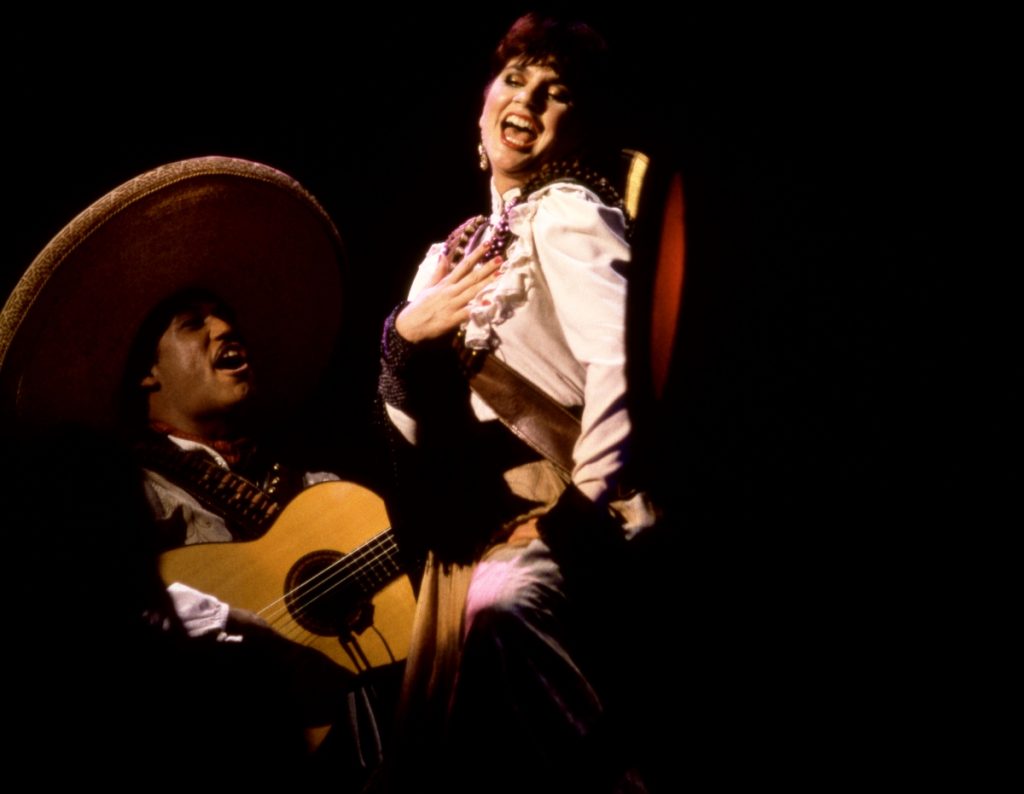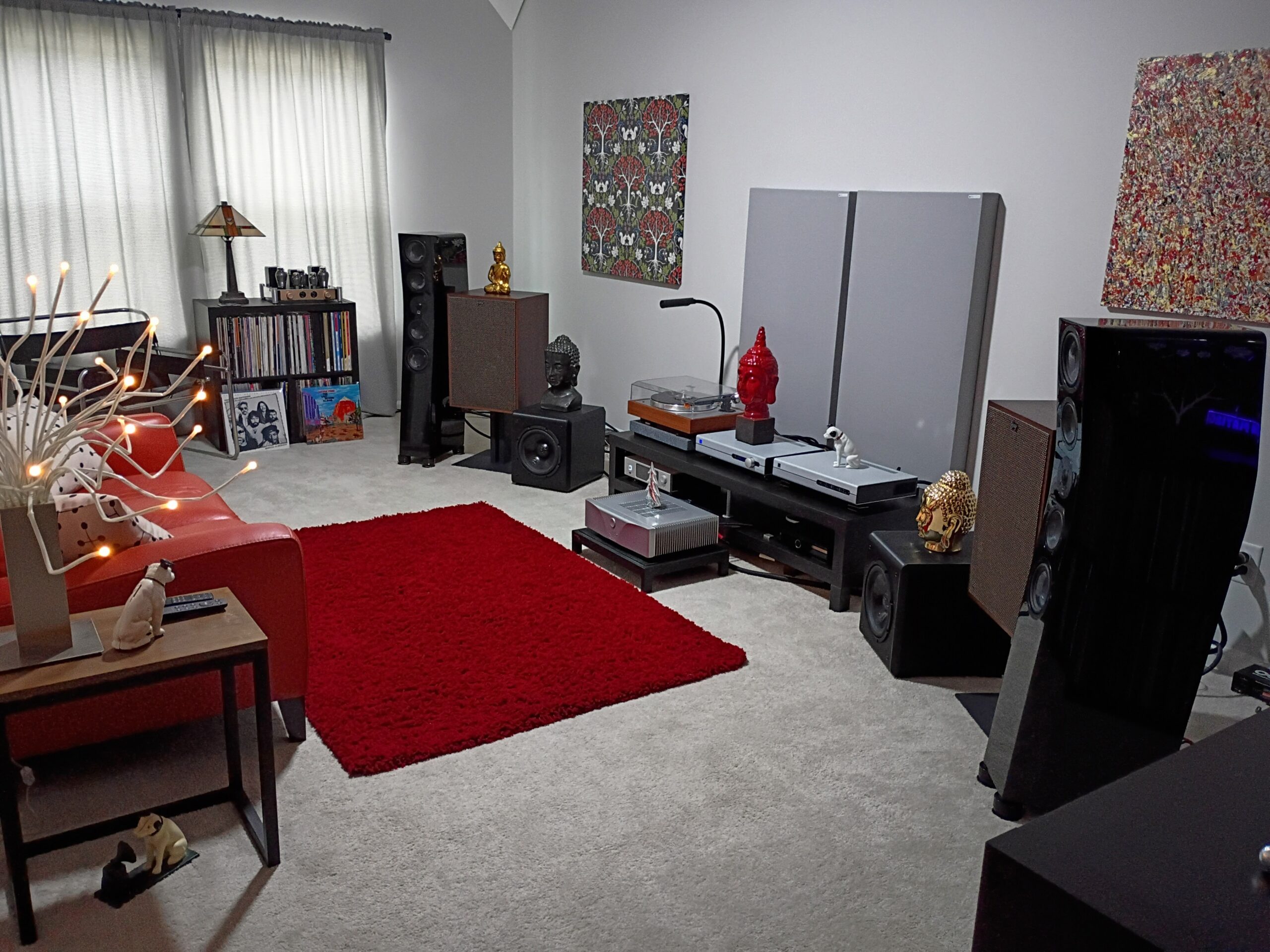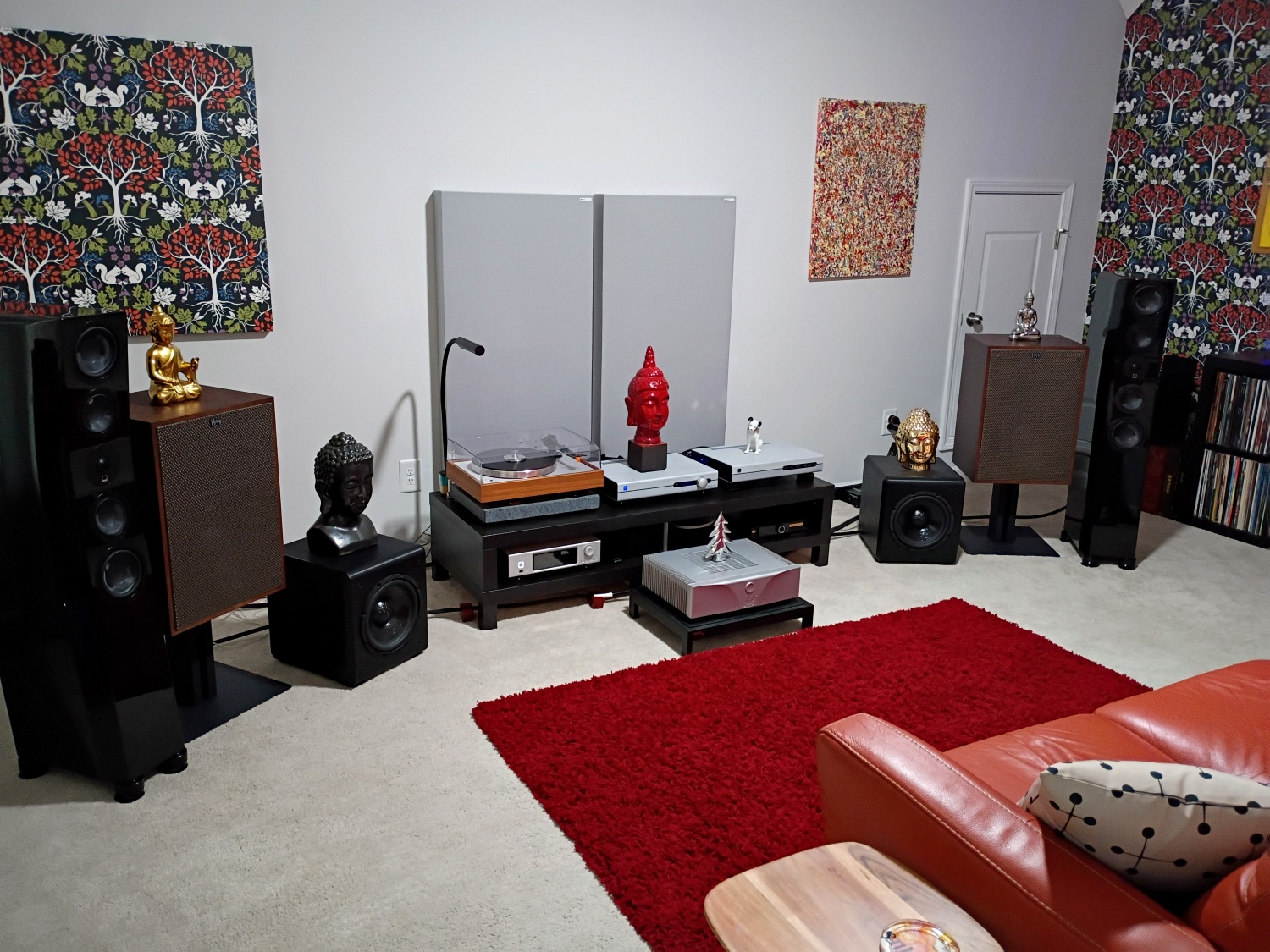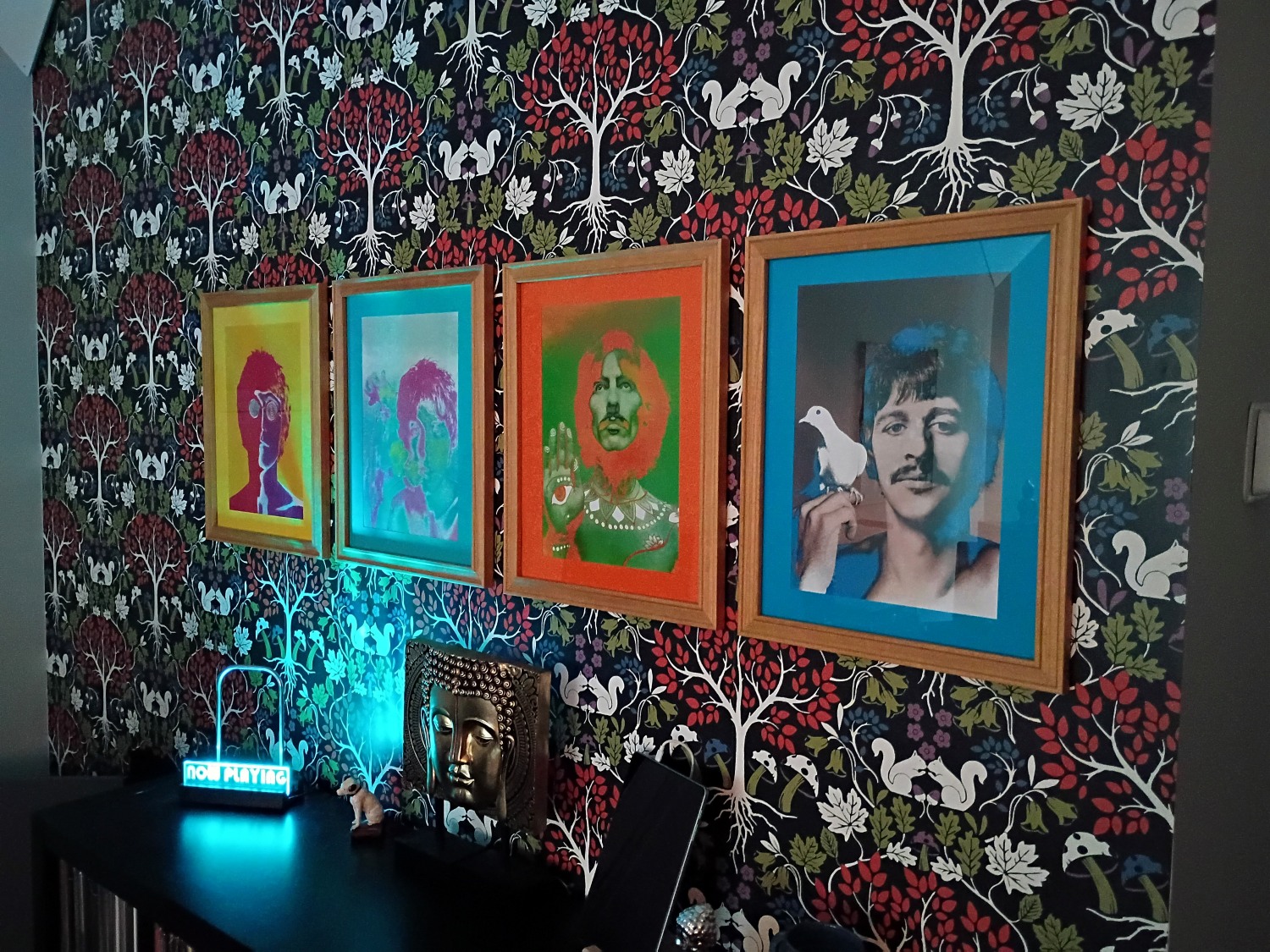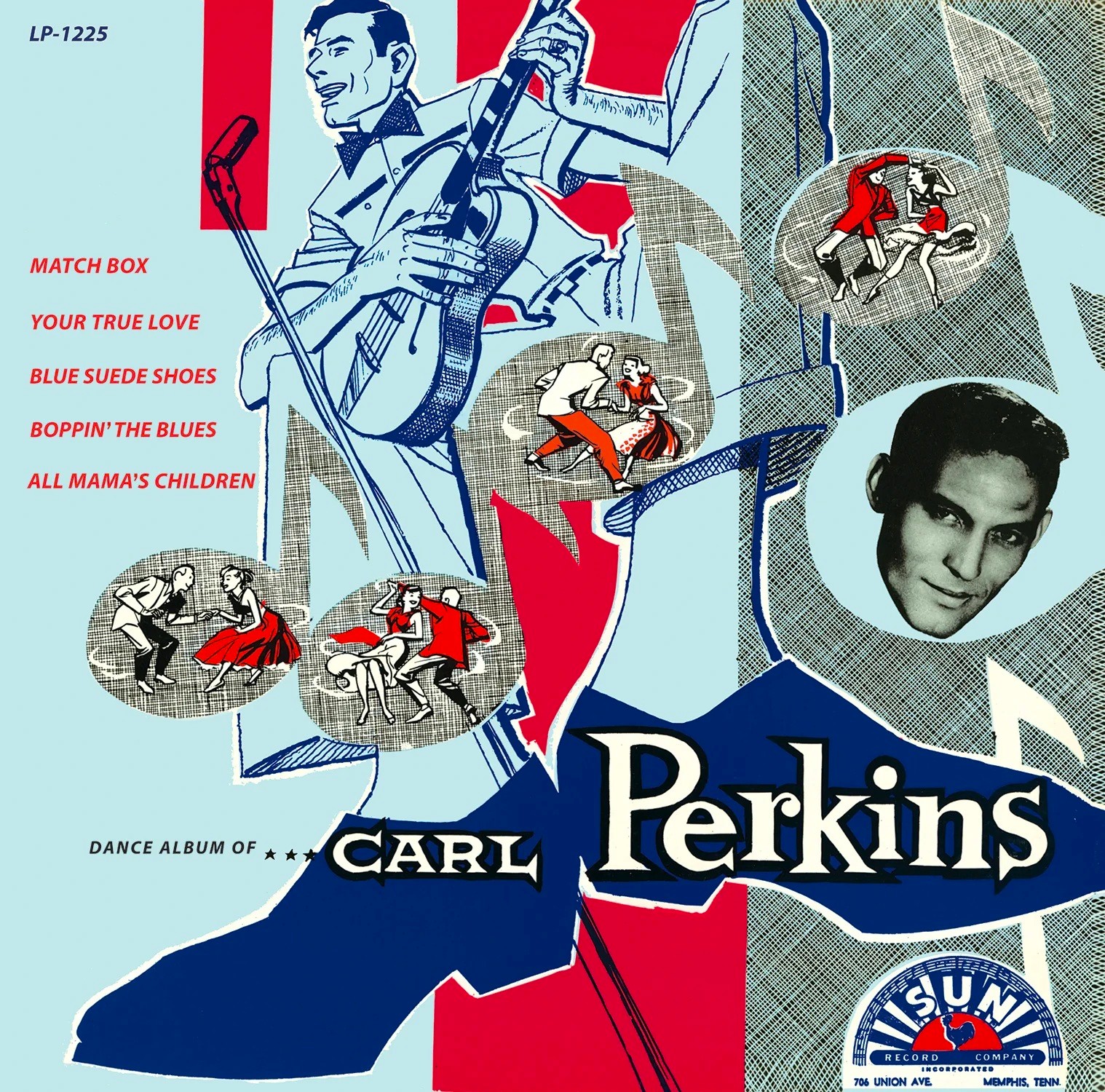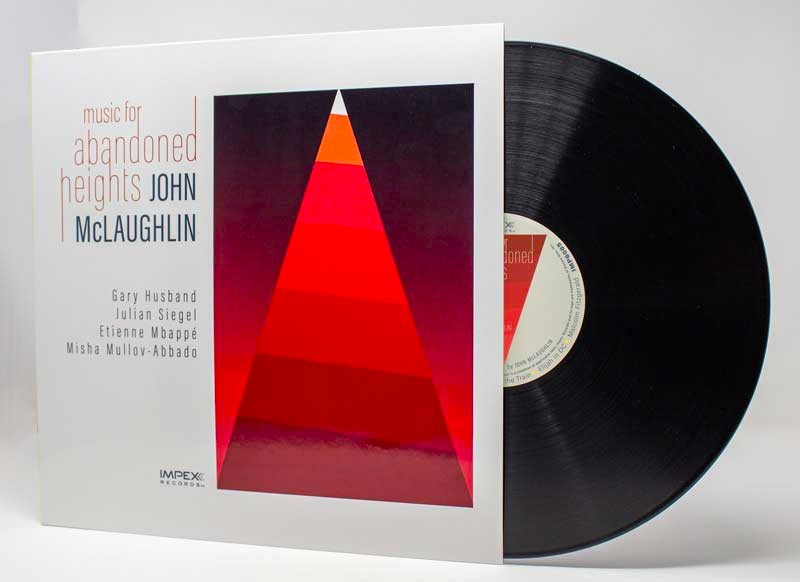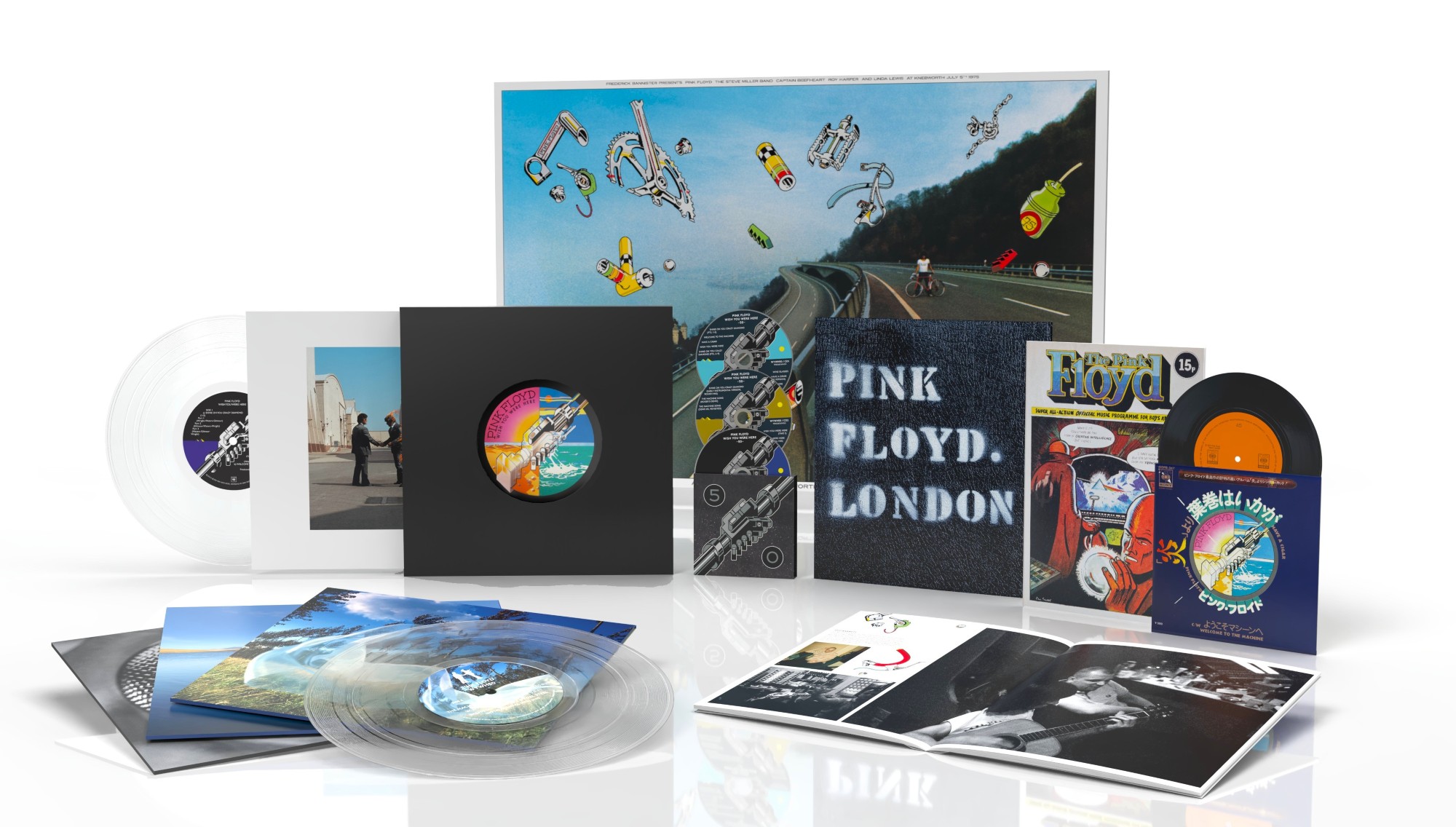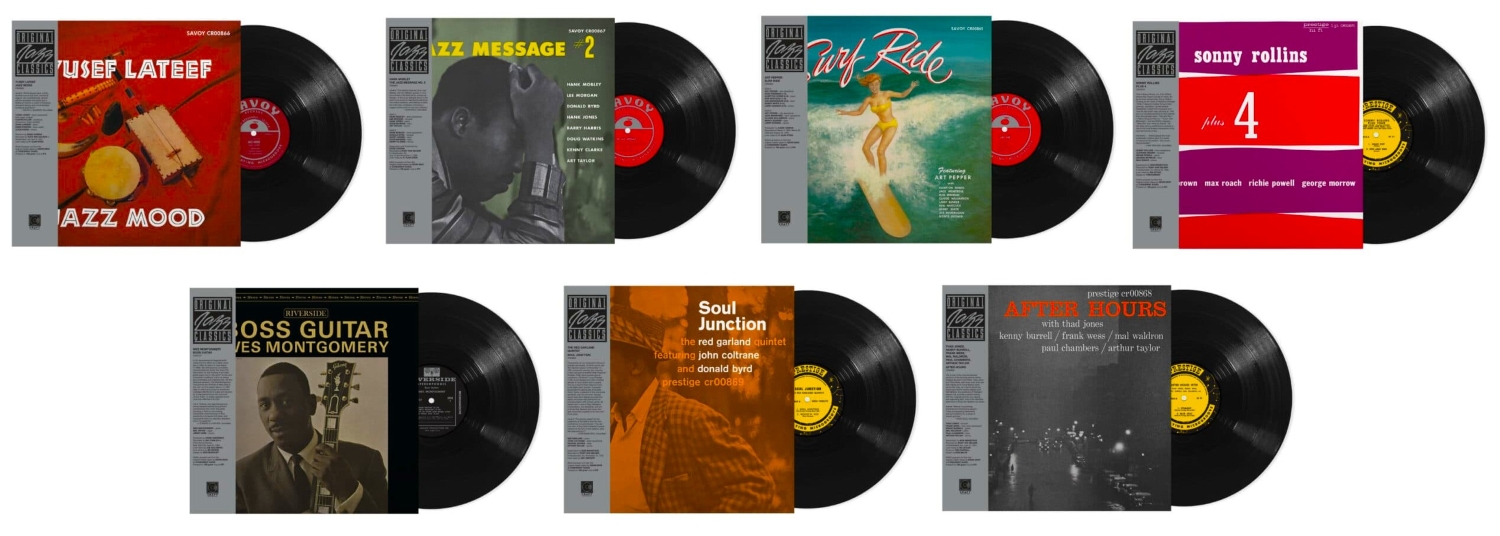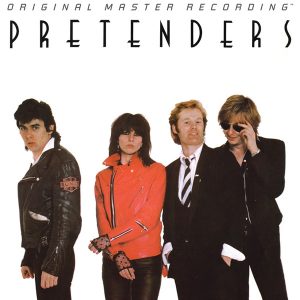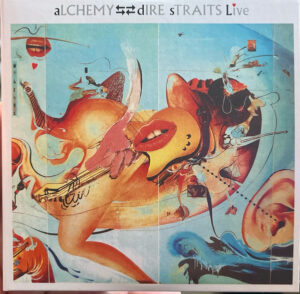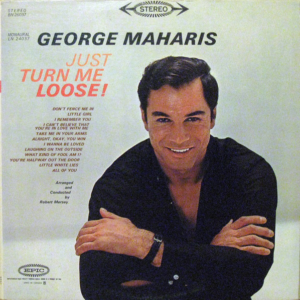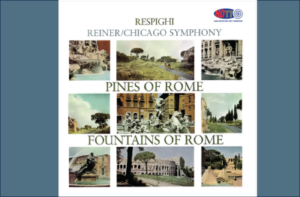Iconic Artists Group is a relatively new venture spearheaded by music industry heavy-hitter Irving Azoff; in what has become the new normal for many recording artists, Linda Ronstadt sold her music catalog to Iconic in 2021. Irv Azoff early on was instrumental in the career of Ronstadt, and was very close to not only Linda, but also to Glenn Frey and Don Henley. Whom she'd hired to be her backing band when she arrived in L.A. in the early seventies, and later encouraged to form their own band, the Eagles. Azoff's iconic presence in the music industry was influential in the development of the Southern California music scene, and Ronstadt's connections ran deep with him. A statement released by Iconic at the time of Ronstadt's catalog acquisition stated "Iconic's partnership with Ronstadt…will aim to preserve her legacy in the digital era—including working with streaming services and social media, rolling out reissues, focusing on anniversaries, and more."
Iconic's first release from Linda Ronstadt's classic catalog of albums is 1987's Canciones de mi Padre, her first entirely Spanish-language record that celebrates her Latina heritage. The title translates to "Songs of My Father," but also references a booklet published by the University of Arizona in 1946 for Ronstadt's late aunt, internationally known singer Luisa Espinel. Ronstadt had dabbled in Spanish language music prior to this recording; her 1976 album Hasten Down the Wind featured the song "Lo Siento mi Vida" that was co-written with her father, Gilbert Ronstadt. Despite some reluctance from her record label to issue an entirely Spanish-language album, Canciones de mi Padre was a runaway best-seller, and was certified double-platinum at the time of its release. And it became the biggest-selling non-English language American album for the next 30 years! The album has gone on to sell over 10 million copies worldwide, and Ronstadt received a Grammy award for Best Mexican/Mexican-American Album at the 31st Grammy Awards.
Marking its first appearance on LP in over 35 years, Canciones de mi Padre was cut to 180 gram vinyl from the original tapes by Bernie Grundman at Bernie Grundman Mastering in a meticulously remastered transfer. The new remaster is being made available as both LP and CD versions, and they present Ronstadt's very personal take on this music with a stunning new level of clarity and warmth. The LP is presented in a tip-on style single jacket that features exceptionally crisp artwork sourced from Ronstadt's catalog, and includes a printed inner-sleeve with both Spanish- and English-language translations for the lyrics. Linda Ronstadt also wrote the liner notes in both languages as well, and there are brief notes following each lyric on the inner sleeve that give additional information concerning the source of the individual songs. The LP and CD are available for purchase HERE.
Linda Ronstadt, Canciones de mi Padre. 180 gram LP, $26.98 MSRP, CD, $14.98 MSRP
The singing of canciones was a frequent occurrence in Linda Ronstadt's childhood home, and a regular guest of her father was guitarist, singer, and farm labor activist Eduardo "Lalo" Guerrero, who's also known as the "father of Chicano music." Guerrero would serenade Ronstadt with many of the songs she eventually chose for Canciones de mi Padre, and she ultimately returned the favor by singing a traditional Mexican song at his funeral. She'd wanted to do more traditional Mexican-American music for years, and this album would provide the vehicle she'd been waiting for—even if her record label thought she'd gone completely bonkers.
If rockers more accustomed to Ronstadt's rock and folk-influenced SoCal stylings thought Linda had gone off the rails with the three albums of pop standards (featuring Nelson Riddle and his orchestra) that preceded this album, nothing could have prepared them for Canciones de mi Padre. Peter Asher handled the production chores, as usual, and an all-star cast of Mexican-American musicians were brought into the studio for the sessions. Featuring world-renowned ensembles like Mariachi Vargas, Mariachi Los Campanos, Mariachi Los Galleros, and Mariachi Sol de Mexico; Linda Ronstadt's brothers Pete and Michael Ronstadt provided many of the harmony vocals. The arrangements were handled masterfully by musical director, bandleader, and co-producer Ruben Fuentes.
The songs here cover a range of emotions and musical styles, and provide a truly enjoyable listening experience, despite the likely perception by many who might see the all-Spanish renditions as a language barrier. You've never heard the range of vocal shading, intonation, and literal vocal acrobatics Linda Ronstadt was capable of until you've heard this album! Linda Ronstadt's vocal range spanned three-plus octaves, from contralto to coloratura soprano—remember when she did the stint in 1983's Pirates of Penzance? Keep that in mind when you're listening here; Ronstadt's voice is undoubtedly one of the greatest in American pop music history. Her renditions of classic Mexican-American songs like "Por un Amor" (For a Love), "La Cigarra" (The Cicada), and "La Charreada" (The Gentleman Cowboy) are simply astonishing.
Iconic's LP and CD Provided a Superb Listening Experience
Click on my name in the header above, and you can see the selection of equipment I used to evaluate this classic album. For my LP listening sessions, I used the PrimaLuna EVO 300 tube integrated amplifier, playing over the KLH Model Five loudspeakers. The turntable for this session was the ProJect Classic EVO that's fitted with a Hana SL moving coil cartridge. Listening to Canciones de mi Padre through tubes and classic acoustic-suspension loudspeakers gave my listening sessions a very vintage authenticity. The PrimaLuna tube amp offers both triode and ultralinear playback on the fly with the press of a button; I ultimately decided I liked the extra punch that ultralinear provided to this very lively music.
Prior to playback, as is my usual practice with LPs supplied with printed paper inner sleeves, I inserted a non-scratching rice paper insert into the paper sleeve to eliminate static and paper dust buildup on the LP. I was unable to determine who pressed the 180 gram LP, but it was perfectly flat with glossy and pristine surfaces, and I could clearly see Bernie Grundman's initials in the deadwax area. The LP was exceptionally quiet, with little or no groove noise, and provided a superb listening experience via my all-analog tube system. Linda Ronstadt's voice displayed the kind of warmth and clarity I expect from tubes, and hearing this excellent LP was a thrilling experience; you could literally close your eyes and picture Linda and her accompanists painted across the soundstage.
I was also provided with the uncompressed, CD-quality WAV files for the digital version of Canciones de mi Padre; I converted them to FLAC files, massaged the metadata, then loaded them onto my Euphony digital music server. I streamed the files from the Euphony equipment to my Gustard X26 Pro DAC and C18 constant-temperature clock unit, which then fed a balanced signal to my Topping A90 Discrete preamplifier that feeds a Naiu Labs Ella amplifier. Magneplanar LRS+ loudspeakers provide the sound in my "mostly digital" room. This is the kind of digital system that blurs the lines between good analog and digital playback, and the CD-quality files were presented with a liveliness and purity of sound that definitely gave the LP a run for its money.
Conclusion
The blending of Latina culture into the American reality is nearly inescapable; I've been building a peripheral awareness of various Hispanic and Latina music forms for years. Despite my having limited direct exposure to a lot of Mexican/American music, there's the undeniable effect of Latin artists like Tito Puente—especially the percussive aspects—on American pop music as played by bands like Santana, who were definitely at the forefront. And I need only open my front door to hear a diverse range of Latina music being played by workers building the new houses down the street in my neighborhood. While some voices still call for exclusionism, America continues to be the "melting pot" of the world, with much of those influences coming from south of the border. Linda Ronstadt's desire to embrace and share her Latina heritage will help enrich the lives of everyone who hears it. Regardless of which playback format you choose, Canciones de mi Padre comes very highly recommended!
Iconic Artists Group
All images courtesy of Iconic Artists Group and Scoop Marketing




